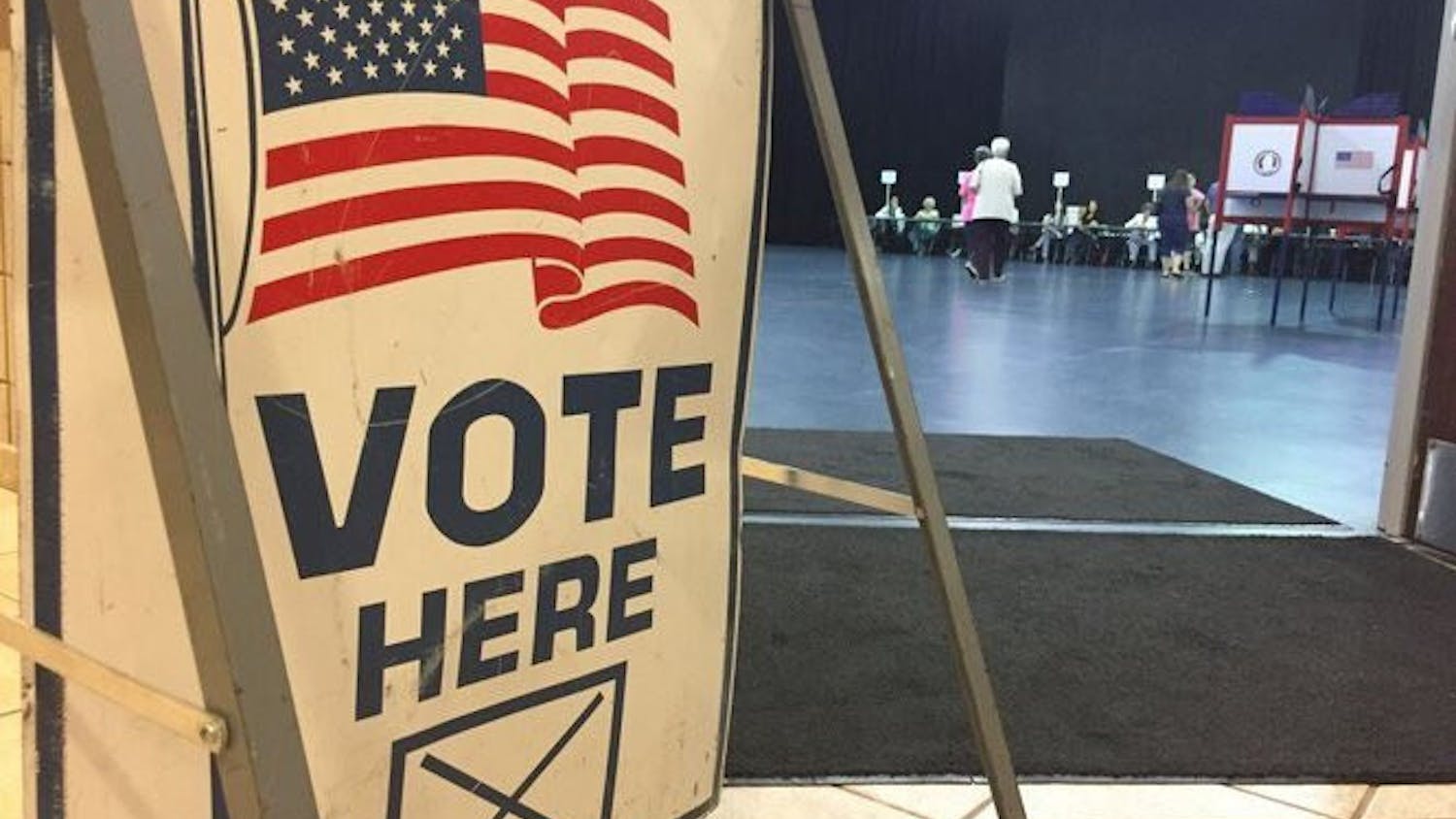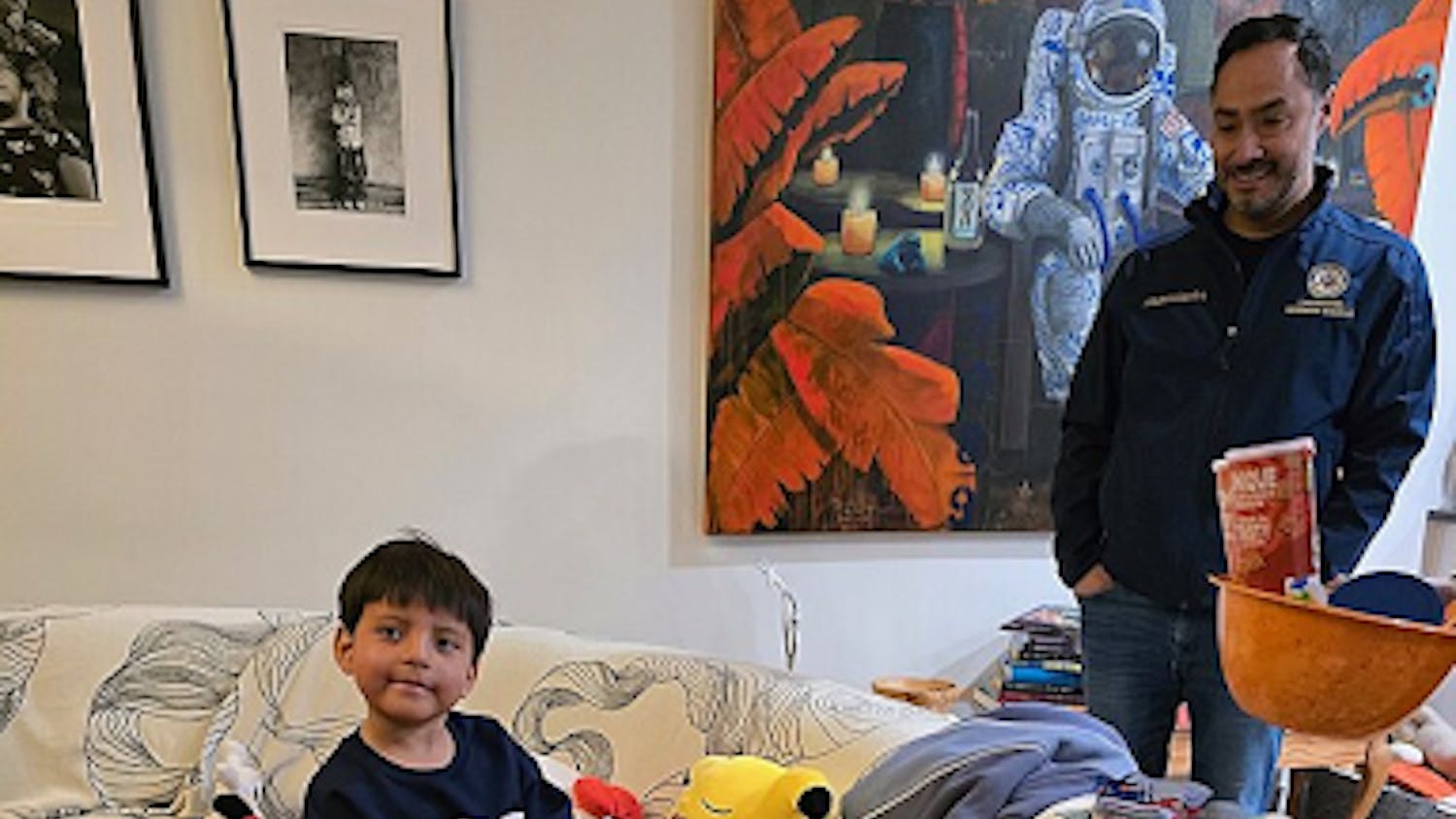By Jane Bowden
Managing Editor
Anyone who has met me knows I’m passionate about mental health. As a member of the Collegiate Recovery Community, publicist of the Healing Arts Club and writer for my personal discovery and mental health blog, Your Friend Jane, I eat, sleep and breathe mental health every second of every day.
It’s from this passion that I’ve developed the know-how on how to talk about sensitive topics like mental health, suicide and substance use disorder by using person-first language. For example, this means saying “person with anorexia” instead of “they’re anorexic.”
However, even in today’s society where millions of resources are at our fingertips, many people still fail to talk about these subjects in an inoffensive manner, which can be hurtful to anyone who has mental health issues. As a result, people who are suffering may be less likely to seek the help they need.
We were raised with the famous saying, “sticks and stones may break my bones, but words will never hurt me” — but that just isn’t true. Words do hurt.
However, words also have the power to bring people together.
According to the National Alliance of Mental Illness, people should say “died by suicide” rather than “committed suicide,” an insensitive phrase that often relates to committing a murder or sin and discriminates the person who died.
People should say also say “person with bipolar disorder” instead of “they’re bipolar” and “person with substance use disorder” instead of “addict” or “drug abuser.”
By using person-first language, you are recognizing they’re first and foremost people, not just their disorders. People who have mental disorders and/or substance use disorder have lives and people who care about them.
When we educate ourselves on how to talk about sensitive topics, we make the world a more understanding and welcoming place. This means using resources, like NAMI and educated professionals, to learn more about what to say and politely correct those around you who may be using this harmful language unintentionally.
If we all do our part in becoming better educated, we’ll reduce the stigma and save millions of lives.










